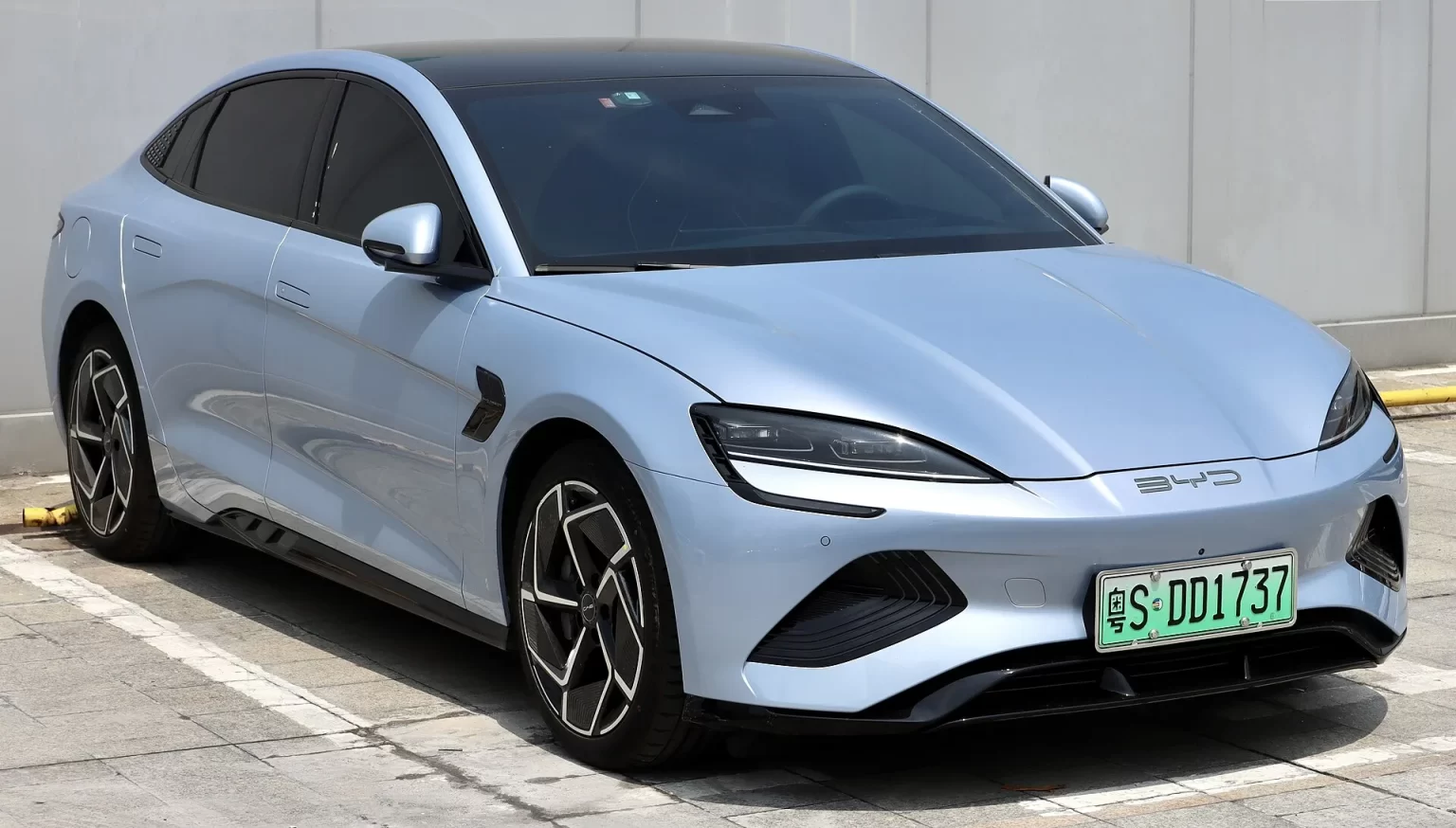With the EV market rapidly evolving, the battle for supremacy continues to heat up. Amidst the ongoing discussions about sustainability and technological advancements, the anticipated 2024 release of the BYD Seal in Australia has sparked new debates about its potential to challenge the dominance of Tesla. However, history has shown us that proclaiming a ‘Tesla killer’ is no easy feat. Let’s take a look back at some of the previous attempts to dethrone Tesla and what the industry can learn from these endeavours.
A Look Back at Previous Failed Tesla Killer EVs
When it comes to challenging Tesla’s reign, numerous companies have attempted to claim the throne, only to face significant setbacks. Faraday Future’s ambitious plans for the FF91 in 2017 were marred by financial troubles, ultimately leading to a failure to deliver the promised luxury electric vehicle to the market. Similarly, the hopes of Jaguar’s electric E-Type revival were dashed, leaving car collectors disappointed and questioning the challenges of electric vehicle production. Fisker’s battery issues and economic difficulties resulted in the demise of the Fisker Karma, while Dyson’s anticipated entry into the EV market was cut short due to economic constraints, highlighting the complexities of the industry.
Even Nio, once a leading force in the Chinese EV scene, faced a series of setbacks and recalls, emphasizing the unpredictable nature of the electric vehicle market. The discontinuation of the Chevy Volt and the confusion surrounding its name further underscored the challenges that companies face in a rapidly evolving industry.
BYD’s Recent Popularity
In contrast to the struggles faced by these contenders, BYD has recently emerged as a prominent player in the EV market, with impressive sales figures and a growing presence in various regions. In the first half of 2023 alone, BYD sold a staggering 1.2 million plug-in electric vehicles, positioning itself as a major competitor to established brands like BMW, Volkswagen, and Mercedes. The brand’s successful expansion into Europe and Australia, with the introduction of models such as the Atto 3 and the upcoming Dolphin, has further solidified its position in the global electric vehicle landscape.
The eagerly anticipated Seal, set to be the most affordable electric car in Australia, has garnered significant attention, with its recent ANCAP five-star safety rating adding to its appeal. With its competitive pricing and promising specifications, the Seal is poised to make a strong impression in the market, challenging the Tesla Model 3.
BYD Seal vs. Tesla Model 3: A Closer Look at the Competition
As the 2024 BYD Seal prepares to enter the market, comparisons with the Tesla Model 3 have already begun. Although similar in size and numerous key metrics, the Seal stands out for its notably lower price point, offering the entry-level Dynamic RWD at $49,888, a substantial $12,012 less than the Tesla Model 3. With dimensions that slightly exceed those of the Model 3, the BYD Seal provides a slightly longer wheelbase, hinting at potential advantages in cabin space. However, the Tesla Model 3 outshines the Seal in terms of storage capacity, featuring a significantly larger boot space and frunk for added convenience.
In terms of performance, the BYD Seal Dynamic RWD exhibits a 150kW/310Nm power output and a 0-100km/h acceleration time of 7.5 seconds, trailing behind the Model 3 RWD, which boasts a more impressive 208kW/420Nm power output and a quicker 0-100km/h sprint of 6.1 seconds. While the Seal Dynamic falls short in terms of its WLTP driving range, offering 460km compared to the Tesla’s 513km, the mid-spec Seal Premium RWD presents a closer match to the Tesla Model 3, aligning more closely in terms of performance and range. Despite these nuanced differences, both the BYD Seal and the Tesla Model 3 cater to diverse consumer preferences, with the BYD’s extended warranty period serving as an appealing factor for prospective buyers.
Final Thoughts
As the electric vehicle market continues to evolve, it is crucial for manufacturers to learn from the experiences of past contenders and adapt to the dynamic nature of the industry. While the potential for a ‘Tesla killer’ remains elusive, the advancements in battery technology and the growing demand for sustainable transportation signal a promising future for the electric vehicle market. With players like BYD challenging industry giants with its Seal model, the stage is set for a compelling battle for dominance in the world of electric vehicles.

